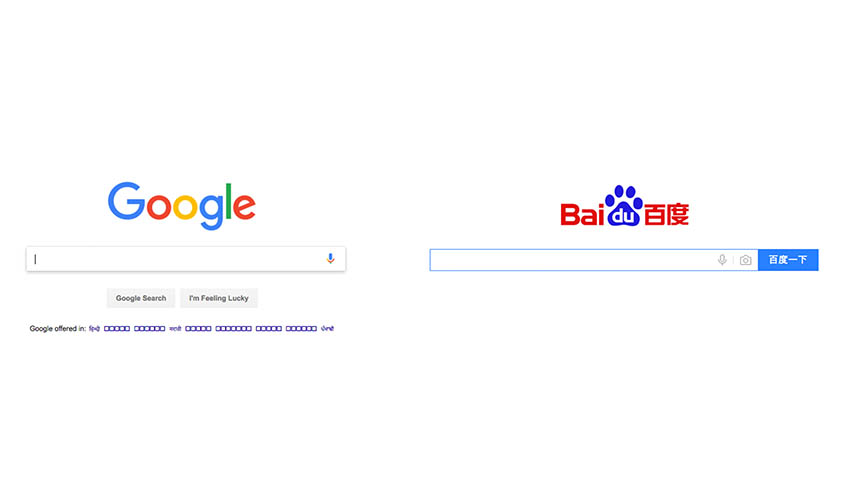A random selection of maps available on Google and on China’s largest search engine, Baidu, of the Belt and Road Initiative (BRI), which is deemed as the new Silk Route, hints at how the repeated marking of Kolkata on several maps of BRI drawn by different countries, see India’s attendance at BRI crucial, though the Indian government has been at odds with it.
These visual presentations also reflect the perception around BRI that China and Russia are central to the project and how cities and not countries are expected to play a crucial role. A BRI map available on Baidu and labelled in Mandarin, marks several port cities, but the only countries that are marked are China and Russia, thus leading to the speculation that BRI is seen as a project which is expected to have only two countries as central players. However, Marina Kaneti, a China-India Fellow, Leaders Initiative, the New School, New York, is of the view that this type of labelling can also hint towards China’s willingness to let other countries have a say in BRI. “Even though BRI was envisioned by China, China is open to involvement of other countries on it and maybe some kind
While there are mostly one or two countries marked on this selection of BRI maps, cities seen as crucial to BRI are specifically marked. Since these selected maps are drawn by people from the across the world i.e. from Germany, United States, China etc., marking of cities over countries in most of them reflect the importance of cities over countries. Kaneti said, “The people who have been involved in carving down these maps perhaps have tried to emphasise that cities will play a bigger role than the countries since only specific cities have been marked on the maps. The message can be that for BRI to become a success, cities must be deeply involved.” In a map popularly used in Chinese media, a total of 27 cities are marked on the map that showcases the route of BRI. These cities starting from China are X’ian, Lanzhou, Urumqi, Huoerguosi, Almaty, Bishkek, Samarkand, Dushanbe, Tehran, Istanbul, Moscow, Dutsberg, Rotterdam, Venice, Athens, Nairobi, Kolkata, Colombo, Jakarta, Kuala Lampur, Hanoi, Haikou, Belhai, Zhangjiang, Guangzhou, Quanzhou and Fuzhou. Several such maps of BRI from Chinese and non-Chinese sources only feature Kolkata and not any other city in India as an anticipated part of BRI. Kaneti said: “It is interesting to see an Indian city prominently featured on BRI maps, but I do not think that there is a single answer to ‘why Kolkata?’ It can be because Kolkata has historically been a crucial trading centre in India or because of the past warm relationship that Kolkata and China shared.” In the 1800s and early 1900s, Chinese labourers had migrated to Kolkata to work in sugar refineries since India was a huge producer of sugar which was extracted out of sugarcanes, but Chinese excelled in the art of refining the brown lumps into white crystals.

